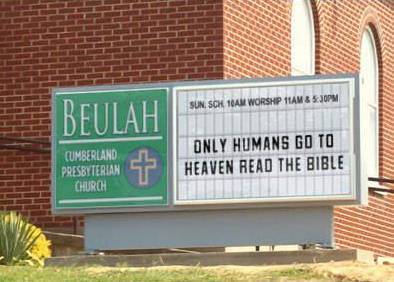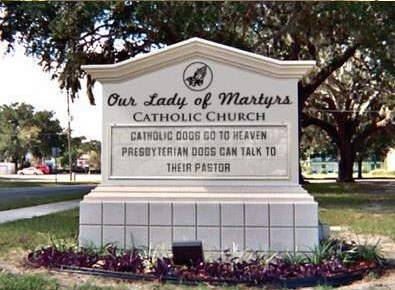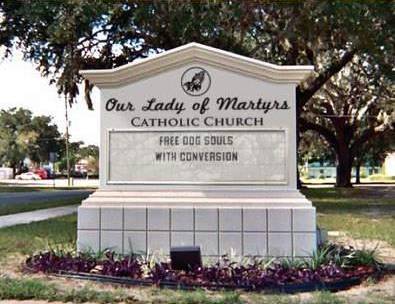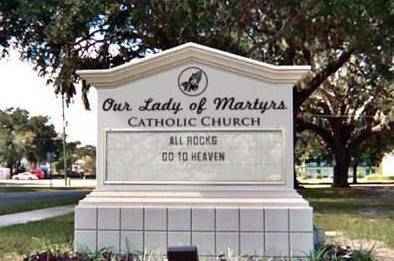via Huffinton Post
As the world's memory of apartheid receded, Desmond Tutu responded to a stream of invitations to speak around the world on the practical implications of ubuntu. An excerpt from a speech to the United Nations Commission on Human Rights in Geneva in 2001 follows.
We inhabit a universe that is characterized by diversity. There is not just one planet or one star; there are galaxies of all different sorts, a plethora of animal species, different kinds of plants, and different races and ethnic groups. God shows us, even with a human body, that it is made up of different organs performing different functions and that it is precisely that diversity that makes it an organism. If it were only one organ, it would not be a human body. We are constantly being made aware of the glorious diversity that is written into the structure of the universe we inhabit, and we are helped to see that if it were otherwise, things would go awry. How could you have a soccer team if all were goalkeepers? How would it be an orchestra if all were French horns?
For Christians, who believe they are created in the image of God, it is the Godhead, diversity in unity and the three-in-oneness of God, which we and all creation reflect. It is this imago Dei too that invests each single one of us -- whatever our race, gender, education, and social or economic status -- with infinite worth, making us precious in God's sight. That worth is intrinsic to who we are, not dependent on anything external, extrinsic. Thus there can be no superior or inferior race. We are all of equal worth, born equal in dignity and born free, and for this reason deserving of respect whatever our external circumstances. We are created freely for freedom as those who are decision-making animals and so as of right entitled to respect, to be given personal space to be autonomous. We belong in a world whose very structure, whose essence, is diversity, almost bewildering in extent. It is to live in a fool's paradise to ignore this basic fact.
We live in a universe marked by diversity as the law of its being and our being. We are made to exist in a life that should be marked by cooperation, interdependence, sharing, caring, compassion and complementarity. We should celebrate our diversity; we should exult in our differences as making not for separation and alienation and hostility but for their glorious opposites. The law of our being is to live in solidarity, friendship, helpfulness, unselfishness, interdependence and complementarity as sisters and brothers in one family -- the human family, God's family. Anything else, as we have experienced, is disaster.
Racism, xenophobia and unfair discrimination have spawned slavery, when human beings have bought and sold and owned and branded fellow human beings as if they were so many beasts of burden. They have spawned the Ku Klux Klan and the lynchings of the segregated South of the United States. They have given birth to the Holocaust of Germany and the other holocausts of Armenians and in Rwanda; the ethnic cleansing in the Balkans and the awfulness of apartheid; and what we have seen in Sri Lanka, in Northern Ireland, in the Middle East, in the Sudan, where there has been a spiral of reprisals leading to counter-reprisals, and these in turn to other reprisals. Martin Luther King Jr. said, "Where the law of an eye for an eye obtains, in the end all will be blind. If we don't learn to live as brothers, we will die together as fools."
Religion, which should foster sisterhood and brotherhood, which should encourage tolerance, respect, compassion, peace, reconciliation, caring and sharing, has far too frequently -- perversely -- done the opposite. Religion has fueled alienation and conflict and has exacerbated intolerance and injustice and oppression. Some of the ghastliest atrocities have happened and are happening in the name of religion. It need not be so if we can learn the obvious: that no religion can hope to have a monopoly on God, on goodness and virtue and truth.
Our survival as a species will depend not on unbridled power lacking moral direction, or on eliminating those who are different and seeking only those who think and speak and behave and look like ourselves. That way is stagnation and ultimately death and disintegration. That is the way of people in times especially of transition, of instability and insecurity, when there is turmoil and social upheaval, poverty and unemployment. Then people seek refuge in fundamentalisms of all kinds. They look for scapegoats, who are provided by those who are different in appearance, in behavior, in race and in thought. People become impatient of ambivalence. Differences of opinion are not tolerated and simplistic answers are the vogue, whereas the reality is that the issues are complex.
We need so much to work for coexistence, for tolerance, and to say, "I disagree with you, but I will defend to the death your right to your opinion." It is only when we respect even our adversaries and see them not as ogres, dehumanized, demonized, but as fellow human beings deserving respect for their personhood and dignity, that we will conduct a discourse that just might prevent conflict. There is room for everyone; there is room for every culture, race, language and point of view.




















